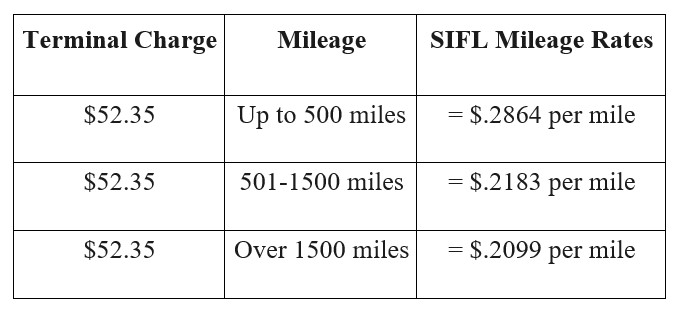Check out our summary of significant Internal Revenue Service (IRS) guidance and relevant tax matters for the week of April 24, 2023 – April 28, 2023.
April 24, 2023: The IRS released Internal Revenue Bulletin 2023-17, which highlights the following:
- REG 121709-19: This document provides proposed regulations regarding supervisory approval of penalties. The purpose is to address the uncertainty surrounding various aspects of supervisory approval of penalties due to recent judicial decisions.
- Announcement 2023-12: This announcement informs taxpayers and practitioners that the IRS has revised Form 3115, Application for Change in Accounting Method, and its instructions. This announcement also provides guidance to allow for a reasonable period for taxpayers to transition to the December 2022 Form 3115.
- Announcement 2023-11: This announcement notifies the public that a proposed regulation identifies certain micro-captive transactions as “listed transactions” and certain other micro-captive transactions as “transactions of interest.”
- Revenue Procedure 2023-12: This revenue procedure modifies specific language in Revenue Procedure 2023-5 to allow for the new electronic submission process of Form 8940, Request for Miscellaneous Determination. This revenue procedure also provides a 90-day transition relief period, during which paper Forms 8940 and letter applications will be accepted and processed by EO Determinations.
- Notice 2023-30: This notice publishes the safe harbor deed language for extinguishment and boundary line adjustment clauses required by Section 605(d)(1). This notice also clarifies the process certain donors may use to amend an easement deed to substitute the safe harbor language for the corresponding language in the original deed.
- Announcement 2023-07: This announcement informs federal civilian employees and other civilians who received certain reimbursement payments in 2022 and 2023 from the US Department of Defense for lodging, meals, and personal property damage expenses after the release of petroleum from the Red Hill Bulk Fuel Storage Facility on O‘ahu, Hawaii, that such payments are excludable from gross income for federal income tax purposes under Section 139.
- REG 109309-22: These proposed regulations identify transactions that are the same as, or substantially similar to, certain micro-captive transactions as listed transactions and certain other micro-captive transactions as transactions of interest. The proposed regulations also provide guidance as to the reporting requirements for participants and material advisors to the transactions.
April 24, 2023: The IRS released Notice 2023-34, which provides that convertible virtual currency is treated as property for federal tax purposes and that general tax principles applicable to property transactions apply to transactions using convertible virtual currency. This notice modifies Notice 2014-21 by revising a sentence in the background section to remove the statement that virtual currency does not have legal tender status in any jurisdiction.
April 24, 2023: The IRS released Tax Tip 2023-55, reminding taxpayers that they don’t need to panic when they get a letter [...]
Continue Reading
read more

 Subscribe
Subscribe





